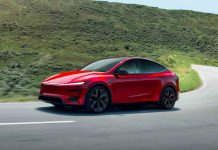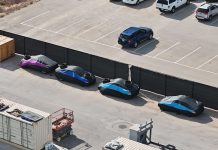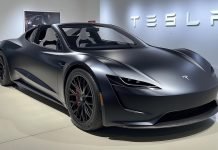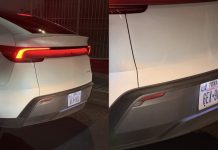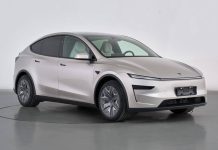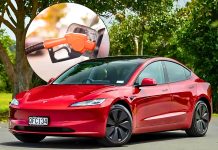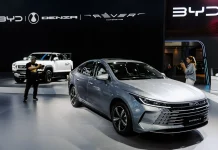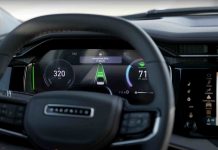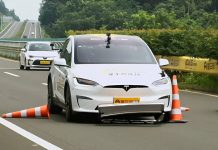The growth of electric vehicle use in the U.S. has always relied on more than cars alone: charging infrastructure is the foundation of the transition, and at the moment, it is the nexus of politics, industry, and consumer expectations. As the Trump administration takes steps to redefine how and where charging will be built, California is moving ahead with its own EV agenda and is intent on keeping its electrification momentum going.
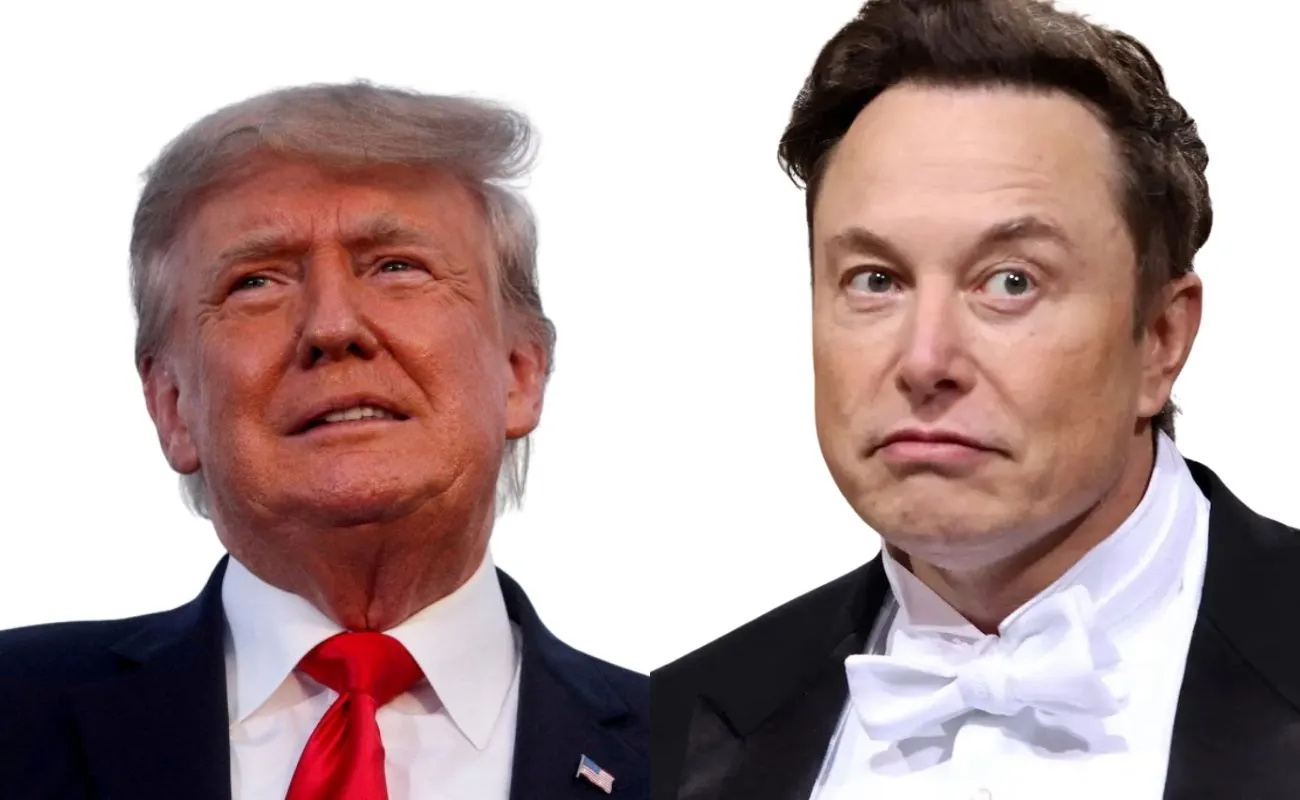
California No Matter What
The national EV tax credit expires at the end of September and is expected to slow sales after a temporary high in August. Along with the drop in the tax credit, the administration has attempted to take money from public charging, creating uncertainty for states and automakers.
However, California isn’t holding out for help from the feds. Governor Gavin Newsom is proposing a package of state incentives to fill the void. Beyond incentives for buyers, California is using public funds to deliver on the infrastructure that will make owning an EV practical. This week, the California Energy Commission awarded a $3.4 million grant to Moon Five Technologies, a clean-tech company in Berkeley, which will install over 400 chargers in disadvantaged communities, to help renters without reliable charging infrastructure.
The state’s advocacy comes during a lawsuit by California and 16 other states against the federal government regarding the cuts to EV infrastructure funding. The lawsuit claims these cuts impact their climate strategies, and the federal government has gone back on commitments made regarding federal support.
Although the status quo is tumultuous, Moon Five CEO Stephan Ng is optimistic. He argues that short-term policy changes are less significant than the longer-term trajectory of electrification. “It’s better to look at the macro picture than these micro trends,” Ng said. Ng used the brief pause and partial subsequent reinstatement of the National Electric Vehicle Infrastructure program as evidence that, while the growth trends in the electrification sector will be bumpy, the growth itself is inevitable.
Charging Stations and Gas Stations
Perhaps the most controversial policy change from Washington is an updated rule that may change the landscape of charging EVs. According to Politico, the Department of Transportation has altered requirements to build chargers on property owned by operators, which would be preferential to gas stations.
This runs contrary to the current reality of having most sources of charging as shopping-center spaces, municipal lots, or retail plazas. Charging companies like Rivian and Tesla prefer the latter, where charging can be built into people’s daily routines- as opposed to a chore at which to stop and refuel. By providing nudges to build charging infrastructure towards gas stations, the administration is banking on familiarity so the drivers will find it more natural to make the transition from refueling to charging.
Critics see more in play: politics and money. Gas-station trade associations are Republican in officer and money, and nearly all of the EV start-ups were funding Democrats. In 2024, gas station associations gave about $1.5 million to the GOP and three times that to Democrats. In contrast, Rivian and Tesla were putting tens of millions into Democrats. This policy change looks less like consumer advocacy and more like partisan maneuvering.
Volkswagen’s ID.4 Troubles
While the headlines continue to have policy battles, manufacturers have their own turbulence. Volkswagen announced it will reduce production of its ID.4 SUV at its Chattanooga, Tennessee, plant. The slowdown is attributable to the softening of demand ahead of the expiration of the EV tax credit. The pause means furloughs for the 160 workers, and fewer units coming off the line until further notice.
According to Automotive News, Volkswagen’s ID.4’s sales in the U.S. fell an astounding 65% in the second quarter. Last year’s stop-sale order over improper door handle function worsened the momentum of product sales in this area. Volkswagen claims it is committed to electrification, but the American approach to EVs looks increasingly more uncertain.

